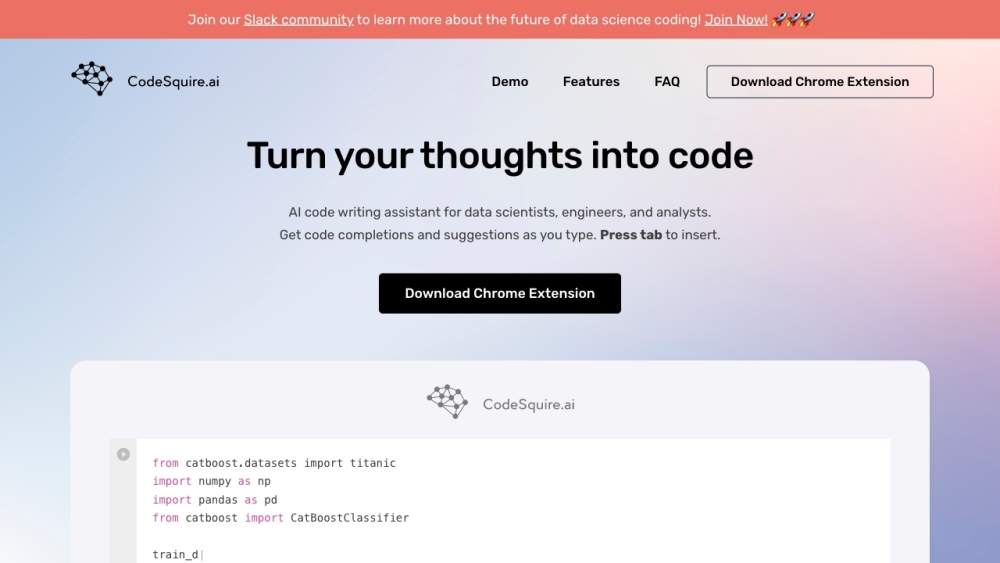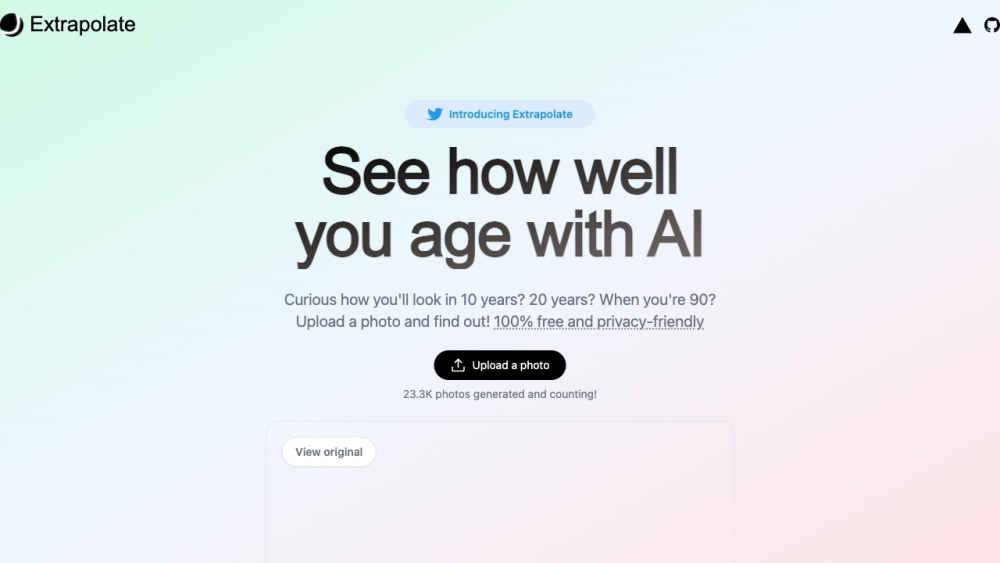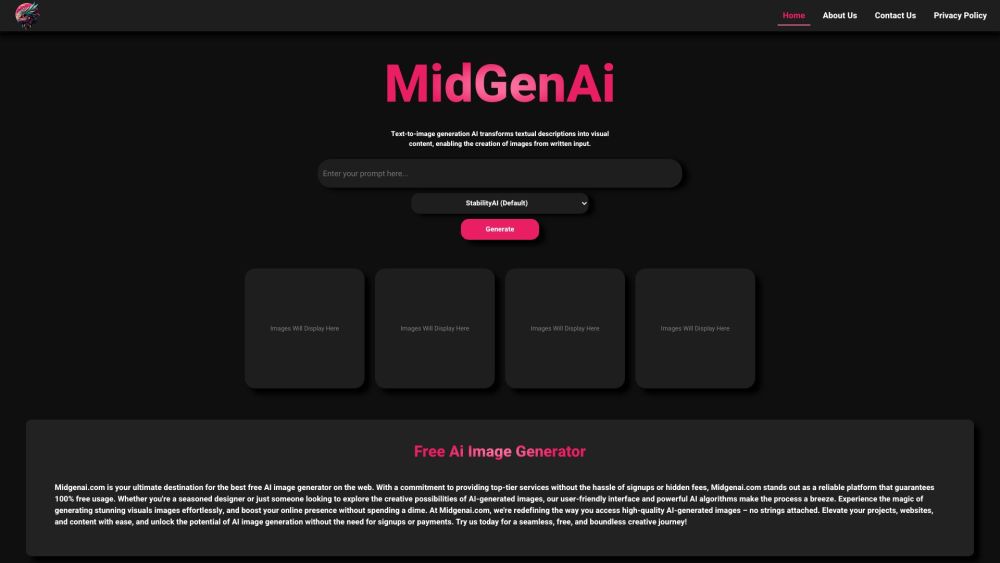DreamFlare AI Launches to Empower Content Creators with AI-Generated Short-Form Videos
DreamFlare AI is set to unveil its platform on Tuesday, aimed at assisting content creators in producing and monetizing short-form AI-generated videos. Co-founded by former Google employee Josh Liss and documentary filmmaker Rob Bralver, the startup functions as a creative studio rather than selling its own AI technology. Instead, it collaborates with artists to craft videos using third-party AI tools such as Runway, Midjourney, and ElevenLabs. These videos will be available through a subscription-based online service, allowing creators to earn revenue through subscriptions, advertising, and additional options.
DreamFlare will feature two types of animated content: Flips, which are comic book-style narratives showcasing scrolling AI-generated clips and images, and Spins, an interactive choose-your-own-adventure format that lets viewers influence story outcomes.
The debut of DreamFlare comes amid rising concerns among Hollywood artists about the impact of AI technology on employment. A recent study by the Animation Guild indicated that 75% of film production companies leveraging AI are reducing or eliminating jobs. In response, DreamFlare emphasizes its role in creating new revenue opportunities for creators without replacing existing jobs.
“It’s an opportunity for creators to democratize storytelling,” Liss remarked. “We aim to empower individuals to use these tools to tell innovative stories,” he added.
DreamFlare has attracted investment from FoundersX Ventures and boasts creative partnerships with industry figures from Disney, Netflix, and Universal. According to Liss, the company is currently collaborating with "Oscar- and Emmy-winning filmmakers and showrunners" who wish to remain anonymous due to the ongoing debate over AI-generated content.
To date, DreamFlare has successfully raised $1.6 million in funding.
How DreamFlare Works
Creators on the DreamFlare platform can utilize any existing AI tools that offer paid plans, although some tools raise ethical and legal concerns. For instance, OpenAI does not disclose how it sources training videos. DreamFlare maintains a stringent review process to ensure that submissions do not infringe on copyrighted material and does not allow R-rated content. If published content violates these standards, the platform follows DMCA takedown procedures for copyright claims.
“We prioritize quality, safety, and legality for all content published on our platform,” stated Bralver.
Once creators successfully navigate DreamFlare’s application process, they collaborate with a creative team on story development. The team consists of former Disney and Universal executives who prefer to remain unnamed. While adapting copyrighted works like “Star Wars” is prohibited, creators can freely utilize public domain characters—spawning titles related to Little Red Riding Hood, Alice in Wonderland, Peter Pan, Frankenstein, and Thor, among others.
During a demonstration of the platform, the AI-generated video quality was satisfactory, albeit sometimes featuring jerky movements and unconventional animation styles—not reaching Pixar-level excellence. Among unique content examples, one featured a cat detective whose antics revolved around consuming too much catnip.
Creators can monetize their content on DreamFlare in four ways: revenue sharing from the platform, ad revenue cuts, fan tips, and a forthcoming marketplace to sell merchandise. Additionally, a fan fund offers followers opportunities to support their favorite creators. For instance, by subscribing to the Supporter package, users gain credit attribution in upcoming videos. Higher contribution levels unlock exclusive access to a private Discord channel for direct communication with the creator, while top supporters can achieve producer status and receive insights into the content creation process.
As of launch, DreamFlare has onboarded around 100 creators, producing a rich variety of content, from sci-fi and comedy to fantasy and mystery.
DreamFlare's premium membership is priced at $2.99 per month or $24 annually, with a limited-time promotional offer of a one-year subscription for just $9.99. Additionally, the platform provides free weekly content to attract and engage users.





